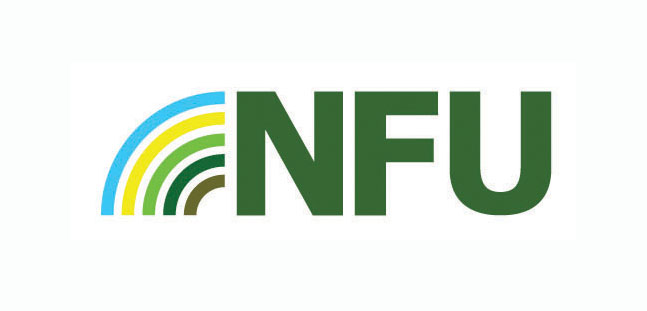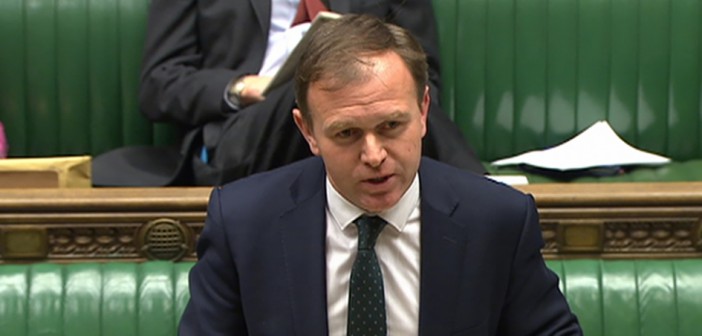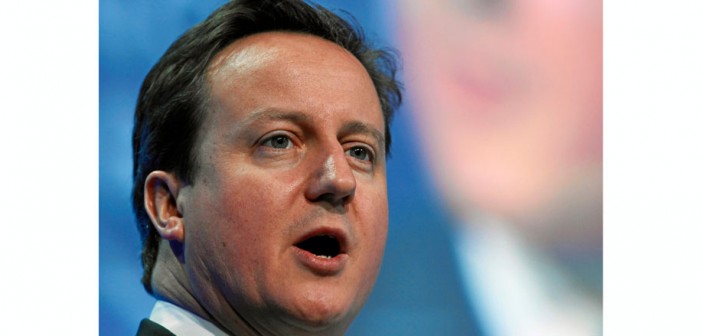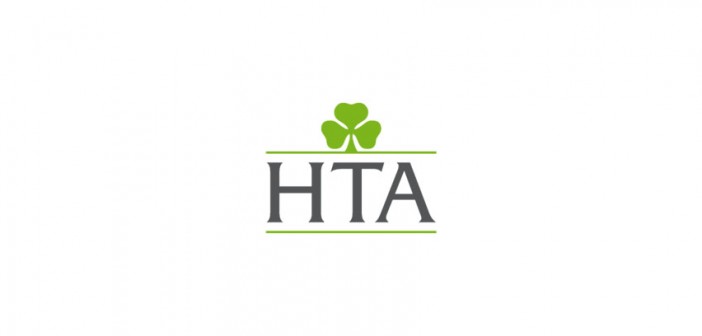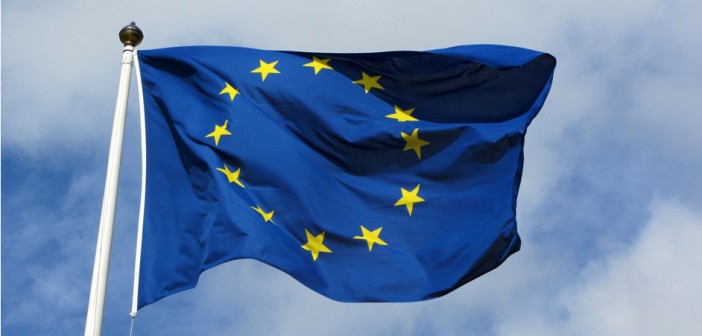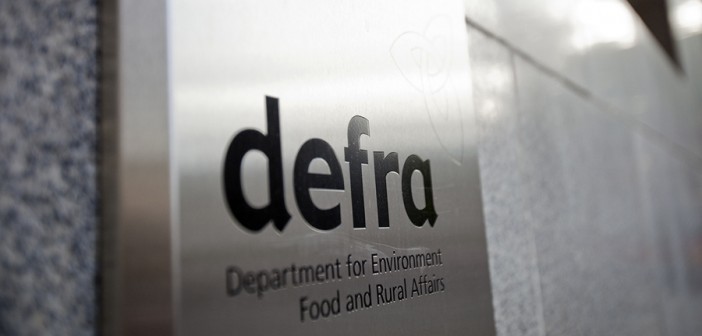The British Retail Consortium (BRC), the National Farmers Union of England and Wales (NFU) and the Food and Drink Federation (FDF), has issued a joint statement to Government officials highlighting its core objectives and priorities for UK trade policy ahead of Prime Minister Theresa May triggering Article 50 to leave the European Union on 29 March.
In the statement, the signatories said, ‘The UK’s food supply chain – farmers, food and drink manufacturers and retailers – keeps the nation fed, ensuring consumers have access to a wide range of nutritional, quality foods at affordable prices. As the process of leaving the EU develops, the food supply chain will work together to ensure that our consumers continue to enjoy great quality, choice and value.
‘The UK food supply chain employs 3.9m people from farming through manufacturing to retail and food service and generates £108bn in value.’
Amongst their demands, was a call to ensure ‘a smooth and orderly Brexit by agreeing transitional arrangements that maintain frictionless trade in goods between the UK and the EU, avoiding costly and disruptive customs checks, processes and procedures.’ They also said there the UK should secure its fair share of any tariff rate quotas for agricultural imports and any preferential access for UK food and drink exports.

Photo Credit: Public Domain Pictures.
The post Food industry petitions government ahead of Brexit appeared first on Hort News.
